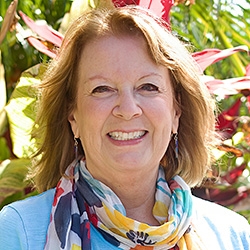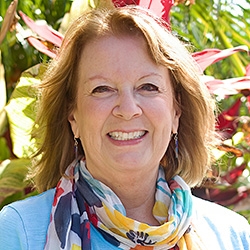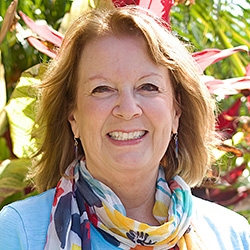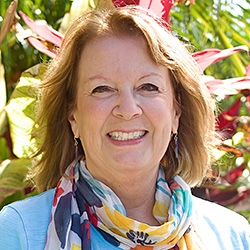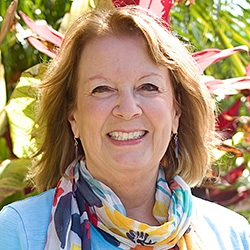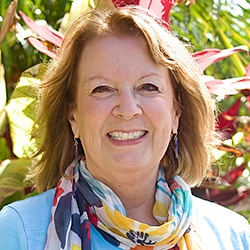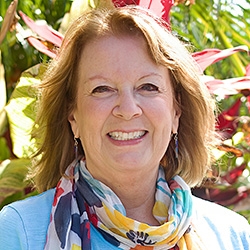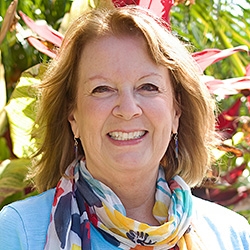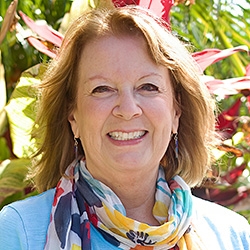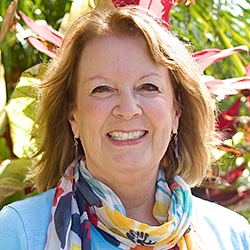
NVC Resources on Peace
-
Trainer tip: NVC consciousness recognizes interdependence. In this process each person is autonomous; everyone's needs matter; people have choice and responsibility for their actions; there's abundance, and a valuing of coming together. The dependence / independence paradigm assumes we either need someone else to be whole -- or we don’t need others at all. Commit to living autonomously. Notice where you struggle with this.
-
Trainer tip: From the NVC perspective, everything someone says or does is either a “please” or a “thank you". In our culture, saying “thank you” usually involves an appreciation in the form of judgment or evaluation. Remember, whether we judge someone as good or bad, judgments and evaluations can create disconnect or tension. Instead, notice how their actions have enriched life, and what feelings it stimulated.
-
Trainer tip: It's often easy for us to hear rejection when someone says “no” to us. If we focus on the rejection, we may feel hurt and fail to take the time to understand what is going on with them. However, if we focus on their feelings and needs, we're more likely to uncover what they want and what prevents them. To increase success in resolving conflicts and find solutions that work for everyone, hear the “yes” behind their "no".
-
Trainer tip: In every interaction, we have a choice of responding in one of these four ways: judge/blame self, Judge/blame others, empathize with self, and/or empathize with others. The goal is to make a conscious choice about our response. Notice the choices you have when you receive someone’s communication today.
-
In NVC we define needs as resources that life requires to sustain itself. All human beings have the same needs. The strategy is what we do to meet that need. Strategies are specific; we all choose unique ways to meet our needs. The more we can see the difference between the two, the more likely we are to resolve conflicts with ease. Today, look for opportunities to notice the difference in the given situation.
-
There are endless ways to meet our needs. Conflict occurs when we argue over strategies. When we actively value everyone’s needs, we foster openness and deeper connection in our relationships. Today look for opportunities to focus on needs in order to resolve an issue with at least one person.
-
Instead of wondering, invest time today to ask at least one friend your friendship enhances her life. Such clarification can deepen the connection.
-
Trainer Tip: When we sympathize, we relate an aspect of someone’s story to ourselves. When we empathize, we reflect the feelings and needs of the other. Empathy helps people connect more deeply to their own and another’s pain, and helps resolve issues with clarity and ease. Notice when you're giving someone sympathy rather than empathy.
-
Trainer Tip: In Nonviolent Communication, we see expressing honesty as a gift of our authenticity, and a chance for others to support us in getting our needs met -- this can flourish and deepen our relationships. We can notice and act on opportunities to be honest with the components of OFNR (Observations, Feelings, Needs, and Requests).
-
Trainer Tip: Is there something you would like more of in your life right now? Try not to look to other people to provide the kind of experiences you want. Can you think of a way that you can be the change you seek? See if responding to the people the way you would want them to respond to you shifts something. Read on for an example of how.

